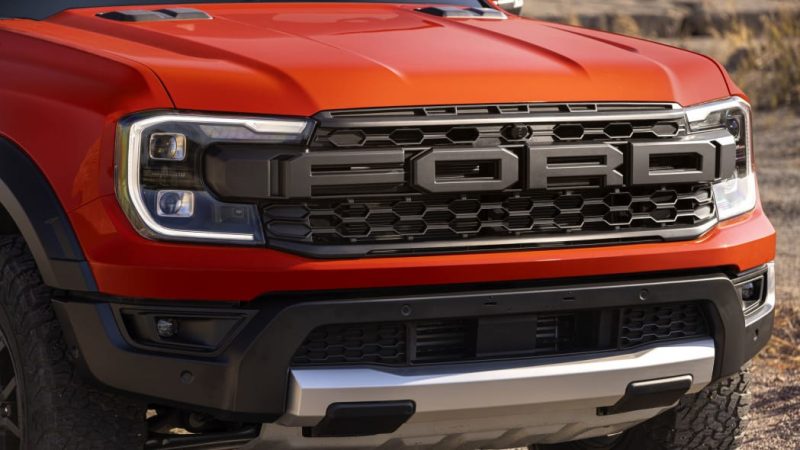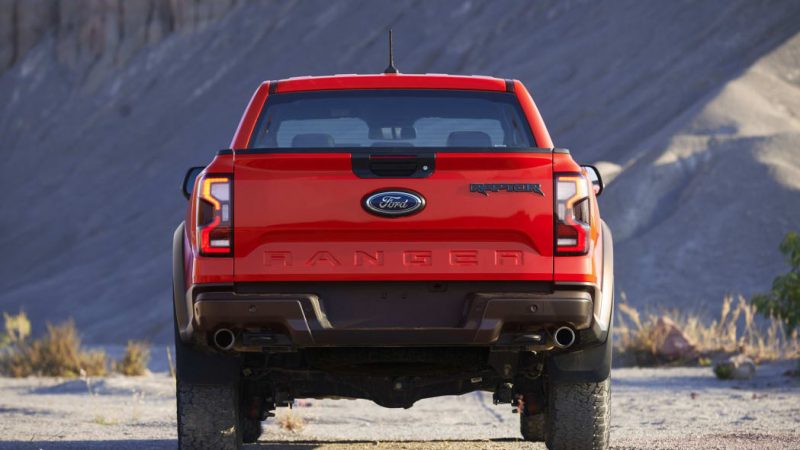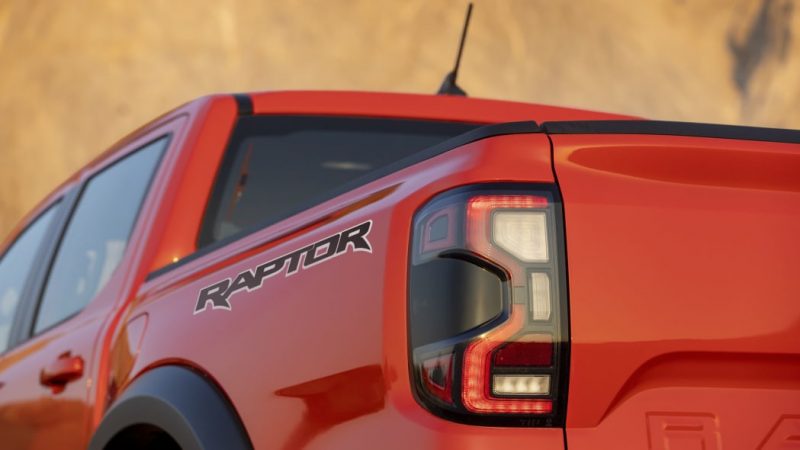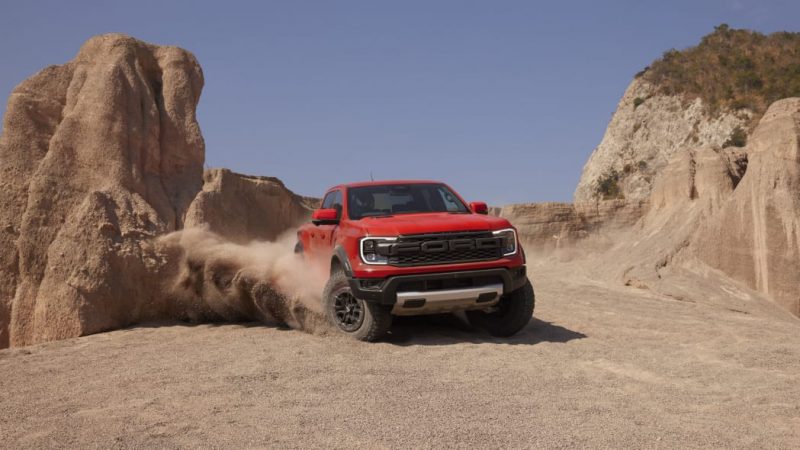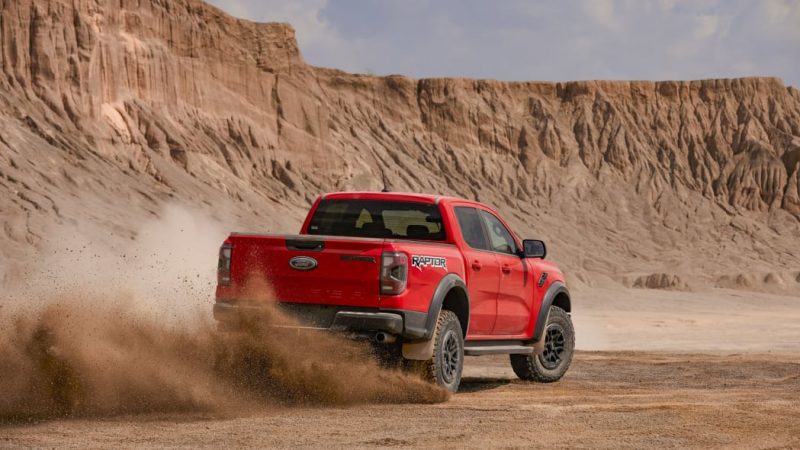Owning a truck isn’t just about having a handy vehicle that can get you from A to B – owning a truck is about having a vehicle that you can rely on to handle anything that comes its way (sometimes literally) and that can get you where you want to go safely, comfortable, and ideally also cost-effectively.
That could be going off-road, it might be hauling heavy loads, or maybe you just like taking long road trips in it, but whatever you use your truck for (including everyday driving if you prefer), you’ll need it to do what you want it to do at all times.
For truck owners, reliability and power have to be two of the most crucial (and perhaps the most crucial) factors of all to consider, and having both of these things means you need to take good care of the truck; they won’t happen by themselves, especially as the vehicle gets older. With that in mind, keep reading to find out what you need to do and what the very best tips are for boosting your truck’s reliability and power.
Regular Maintenance
One of the easiest ways to ensure your truck stays completely dependable is to stick to a regular maintenance schedule, which includes routine checkups and general servicing. It’s far better to do this, even if it can sometimes be a hassle to organize (not to mention pay for) because if you don’t do this kind of preventative maintenance, small issues that would be picked up on an annual or six monthly service could be missed and then turn into much bigger, much more expensive, issues.
Among the many things that should be done on a regular basis is an oil change. The oil in your vehicle is what keeps all the moving parts lubricated, and if they’re well lubricated, they’re not going to wear down so quickly when they come into contact with one another. If you’re not sure how to do an oil change or you don’t know what type of oil your truck needs, the best thing to do is speak to a professional because getting this wrong could do more harm than good.
It’s also wise to regularly check the fluids in the truck’s engine, like brake fluid, coolant, and transmission fluid, not to mention water. They’re all just as important as one another, and checking their levels regularly means you’ll never be in a position where you run out and the engine is damaged (and the truck stops working).
And while you’re checking things, why not also check the belts and hoses in the engine? These are parts that can easily be forgotten about and they’re only noticed when something goes wrong, which is a bad position to find yourself in. A quick check every few months can help prevent you from breaking down, and that’s always a win.
Use Compatible Parts
Another very important thing to think about when it comes to boosting your truck’s performance and reliability is to use compatible parts – that is, parts that are specifically made to work with your make and model of vehicle. The fact is that when you choose compatible parts, your engine (and vehicle in general) will last a lot longer, and it will be much more reliable and smooth at the same time, which is ideal. Mismatched parts might not work very well together and that could cause problems like more wear and tear if they don’t fit together in the right way. In the end, that’s going to mean your truck doesn’t drive very well and could have engine issues that become much more serious than you thought.
For example, if you’re driving a second generation Cummins, choosing 2nd gen Cummins parts is sure to make a big – positive – difference. That’s because these parts are designed to meet the exact specifications of your truck itself, and that’s going to give you a lot more power and efficiency compared to the more generic options you can find. In other words, using the right components not only keeps your truck running smoothly, but it also helps you get the most out of any upgrades you might want to put in place. And yes, it can be tempting to choose cheaper generic versions, but in the end you might end up paying more because they’ll wear out sooner or cause you engine problems that cost a lot to fix, so it’s not really worth it.
Plus, ensuring compatibility isn’t just about the big things – it’s about the smaller bits and pieces as well, like filters and injectors, for example. These might seem minor and unimportant, so you might want to get generic versions, but they can definitely have an impact on your truck’s power, fuel economy, and efficiency, so you should always look for the real deal when it comes to parts, no matter how big or small those parts might be.
Get A Better Air Intake System
Your engine needs oxygen to work, which is something a lot of people might not be aware of – and the more oxygen it can get, the better it’s going to run and the more reliable it’s going to be. You’ll have an air intake system in your truck that sucks air in from the outside, runs it through filters to remove any debris and dirt, and then funnels it to the right area in your engine, and the better your air intake system is, the better your truck is going to run.
This can be a costly change and upgrade, so it might not be something everyone wants or can do, but if you are able to upgrade your air intake system, you’ll end up with better combustion (which leads to more power) and better fuel efficiency (which means you can go further on a tank of fuel, saving you money).
Even if you can’t change the entire air intake system, you can definitely change the air filters, and if you do that on a regular basis, you’ll be helping the system overall anyway. As we mentioned above, the air filters get rid of any rubbish that could cause an issue in your engine, and the whole thing will run much better with fresh filters, so by putting this task into your calendar and getting it done regularly (every 12,000 to 15,000 miles or once a year, it depends on what comes first), you’ll certainly be boosting your truck’s reliability and power.
Take Care Of Your Tires And Suspension
When you think about power, do the tires and the suspension of your truck come to mind? Probably not because most people think of the engine, but the fact is that these things will have at least some bearing on how your vehicle performs, and they do need to be factored in when you’re trying to make it run better.
Remember that when you’ve got good (and ideally excellent!) tires, you’re going to have much better traction, and that’s exactly what you need for both speed and control – and if you’re doing other things to improve your truck’s power, speed and control are both going to be absolutely necessary.
Firstly, think about where you usually drive your truck and what you use it for because there are different tires for different terrains and uses, and using the right ones will definitely make all the difference in how your truck handles, how comfortable it is to drive (and be a passenger in), and how much power you’re able to get out of it. You might need to install all-terrain or off-road tires, for example, if you often take the truck into challenging areas because then you’ll have better grip and they’ll last longer than standard tires would, and that’s just one example. It really does pay to put the right tires on the vehicle.
And then there’s your suspension, which also makes a massive difference. If you really want to have control, a good suspension is absolutely vital and that’s the case no matter what kind of terrain you happen to be driving on, so always get your suspension checked out and make sure it’s right for your needs because that’s going to mean less wear on the rest of your truck.
Check The Cooling System
Your truck has a cooling system, and that cooling system is going to work much harder the hotter your engine gets (and if you’ve got a diesel engine, that’s going to get even hotter than a petrol engine, which means this point is even more important). The fact is that a properly working cooling system can make all the difference between a powerful, reliable vehicle and one with an engine that keeps having to get repaired (or worse, one that overheats so much the engine gets destroyed).
If you can, it’s well worth upgrading your radiator because the larger the radiator, the more efficient your cooling system will be. Plus, changing the coolant as we mentioned above is sure to help as well – fresh coolant prevents rush and debris from building up in the system, so it’s clearly a wise thing to do. And then you’ll also need to check the water pump, because without that, nothing in the cooling system is going to work properly at all. These can all be fiddly things to do, so taking the truck to an expert who can do all these checks for you is usually the best thing to do unless you’re sure you know how to go about it yourself.

CRD Auto Industry Insider may contain helpful and on-topic partner content that auto enthusiasts and car shoppers find valuable.


